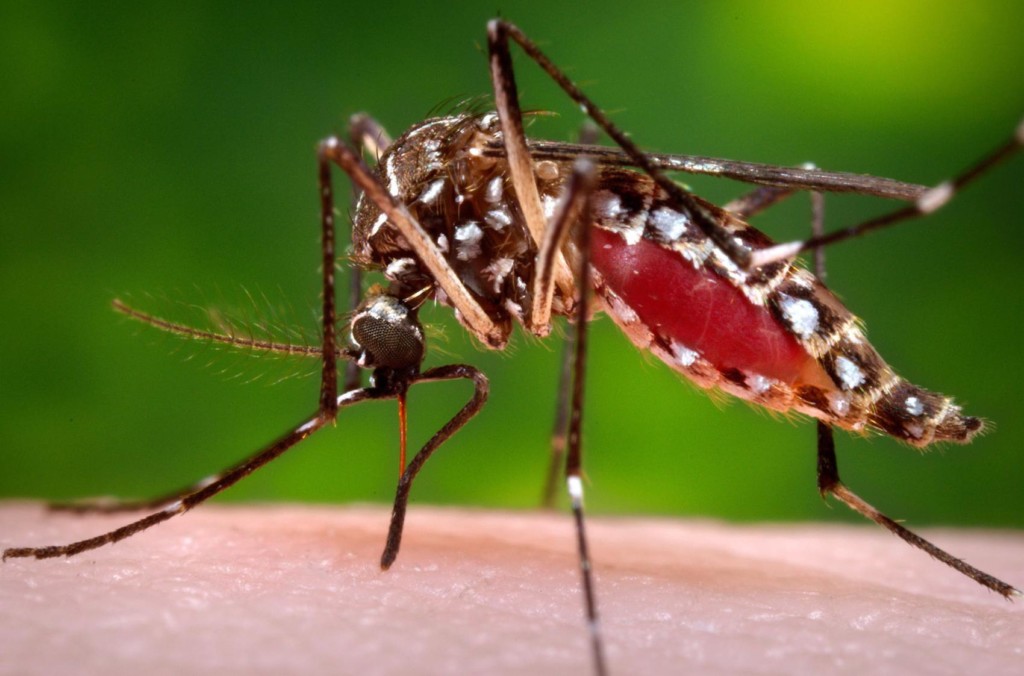Malaria facts
- More than 215 million cases of malaria occurred worldwide in 2016.
- The World Health Organization estimates that 445,000 people died of malaria in 2016; the vast majority are young children in sub-Saharan Africa.
- Although this is a significant decrease in deaths since 2000 due to increased prevention and control measures, there has been an increase from 2015 to 2016.
- Health care professionals diagnose about 1,700 people with malaria in the U.S. each year, usually in travelers returning from endemic areas.
Malaria is a serious tropical disease spread by mosquitoes. If it isn’t diagnosed and treated promptly, it can be fatal.
A single mosquito bite is all it takes for someone to become infected.
Is Malaria Contagious?
Malaria is not contagious and you can’t catch it from physical contact with someone who has it. The malaria parasite is not in an infected person’s saliva and it is not passed on from one person to another. The only way you can catch malaria from a person is through blood transfusions or organ transplants.
Symptoms of malaria
It’s important to be aware of the symptoms of malaria if you’re travelling to areas where there’s a high risk of the disease. Symptoms include:
Symptoms usually appear between 7 and 18 days after becoming infected, but in some cases the symptoms may not appear for up to a year, or occasionally even longer.

When to seek medical attention
Seek medical help immediately if you develop symptoms of malaria during or after a visit to an area where the disease is found.
You should still seek medical help even if it’s several weeks, months or a year after you return from travelling.
If there’s a possibility you have malaria, a blood test will be carried out to confirm whether or not you’re infected.
You should receive the results of your blood test on the same day. If you have malaria, treatment will be started straight away.
What causes malaria?
Malaria is caused by a type of parasite known as Plasmodium. There are many different types of Plasmodia parasites, but only five cause malaria in humans.
The Plasmodium parasite is mainly spread by female Anopheles mosquitoes, which mainly bite at dusk and at night. When an infected mosquito bites a human, it passes the parasites into the bloodstream.
Malaria can also be spread through blood transfusions and the sharing of needles, but this is very rare.
Read more about the causes of malaria and how it’s spread
Malaria risk areas
Malaria is found in more than 100 countries, mainly in tropical regions of the world, including:
- large areas of Africa and Asia
- Central and South America
- Haiti and the Dominican Republic
- parts of the Middle East
- some Pacific islands
The 2014 World Malaria Report, published by the World Health Organization (WHO), estimates there were 198 million cases of malaria worldwide and 584,000 deaths in 2013.
Malaria is not found in the UK, although about 1,586 travellers were diagnosed with the disease after returning to the UK in 2014, and three people died.
Preventing malaria
Many cases of malaria can be avoided. An easy way to remember is the ABCD approach to prevention:
- Awareness of risk – find out whether you’re at risk of getting malaria before travelling
- Bite prevention – avoid mosquito bites by using insect repellent, covering your arms and legs, and using an insecticide-treated mosquito net
- Check whether you need to take malaria prevention tablets – if you do, make sure you take the right antimalarial tablets at the right dose, and finish the course
- Diagnosis – seek immediate medical advice if you develop malaria symptoms, as long as up to a year after you return from travelling
Speak to your GP if you’re planning to visit an area where there’s a malaria risk. It may be recommended that you take antimalarial tablets to prevent infection.
Treating malaria
If malaria is diagnosed and treated promptly, virtually everyone will make a full recovery. Treatment should be started as soon as the diagnosis has been confirmed.
Antimalarial medication such as SUMETHER PLUS is used to treat malaria.
In some cases, you may be prescribed emergency standby treatment for malaria before you travel. This is usually if there’s a risk of you becoming infected with malaria while travelling in a remote area with little or no access to medical care.
Complications of malaria
Malaria is a serious illness that can get worse very quickly. It can be fatal if not treated promptly.
It can also cause serious complications, including:
- severe anaemia – where red blood cells are unable to carry enough oxygen around the body, leading to drowsiness and weakness
- cerebral malaria – in rare cases, the small blood vessels leading to the brain can become blocked, causing seizures, brain damage and coma
The effects of malaria are usually more severe in pregnant women, babies, young children and the elderly. Pregnant women in particular are usually advised not to travel to malaria risk areas.
